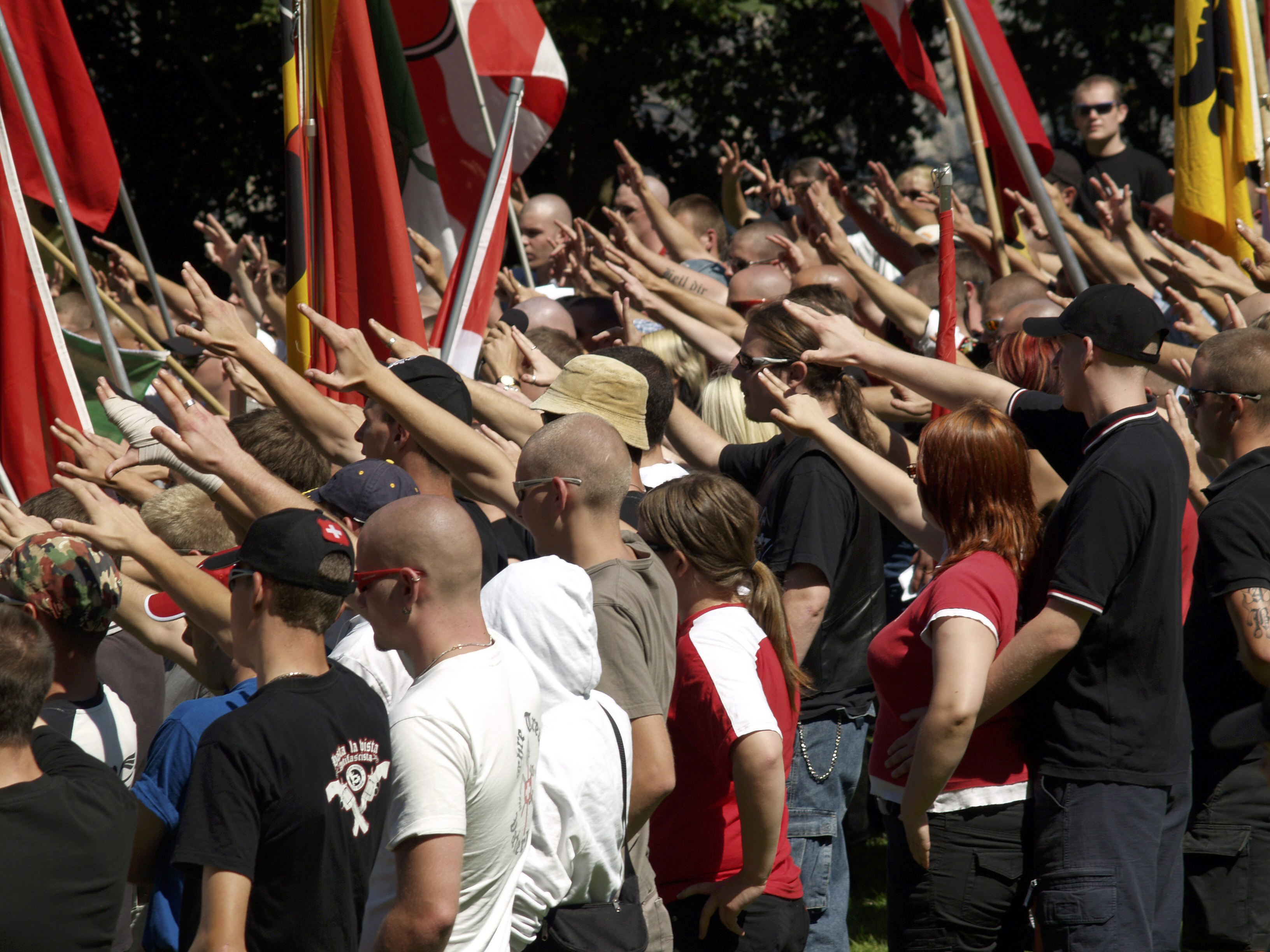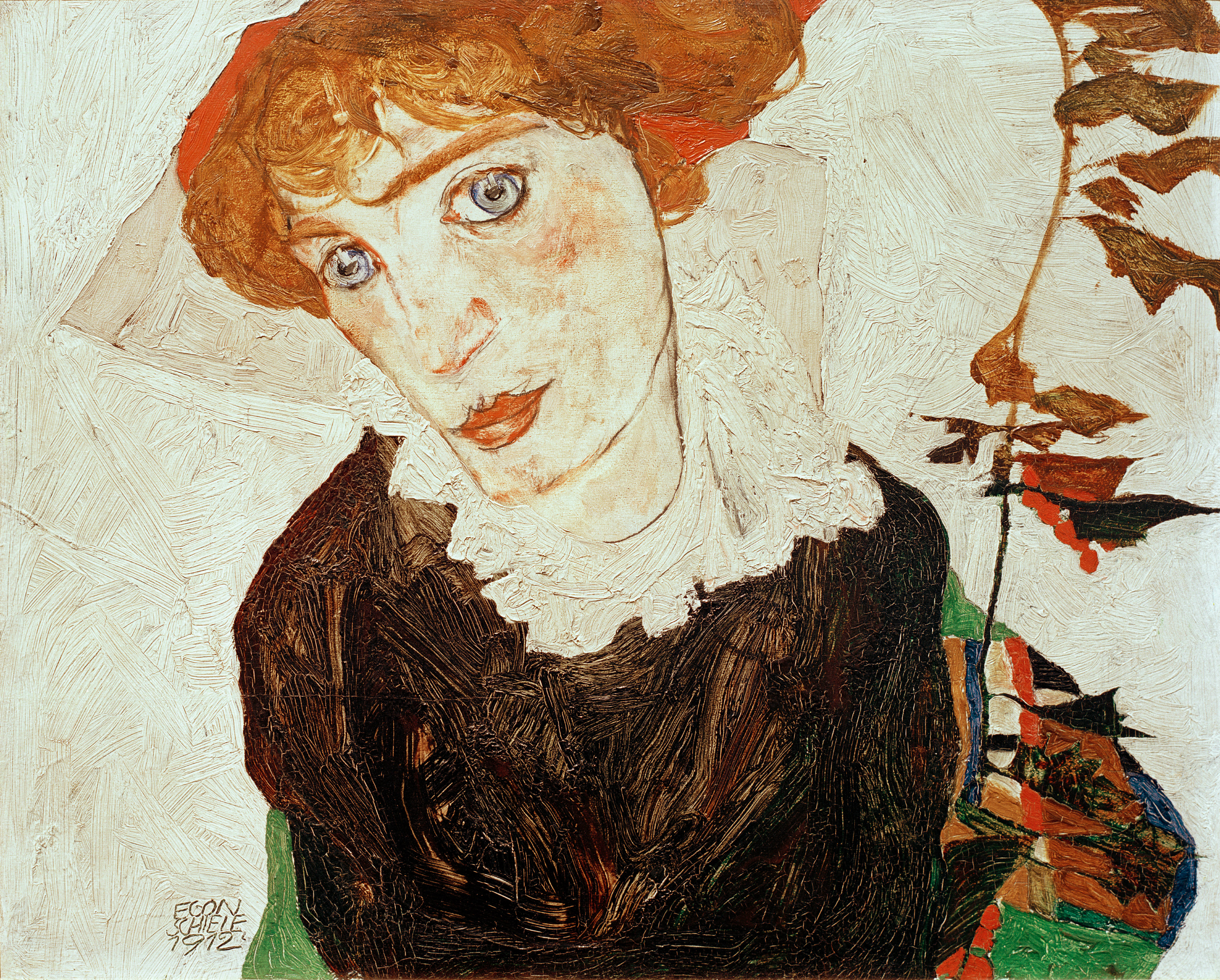It’s the law: Hitler salute is not always a crime

The Swiss supreme court ruling that making a Nazi salute – as long as it’s not for propaganda purposes – should not be legally punishable, has created a stir both in Switzerland and abroad.
According to criminal lawyer Marcel Niggli, the April 28 ruling reflects the correct interpretation of the 20-year-old anti-racism law. As the professor of criminal law and legal philosophy at the University of Fribourg told swissinfo.ch, the law should only apply to cases of extreme violation – as petty offences are more likely to lower the law’s stringency.
swissinfo.ch: People here and abroad are dismayed by the Federal Court’s decision. Without going into much detail, are you surprised by some of the strong reactions?
Marcel Alexander Niggli: If people abroad are somewhat astonished, I can understand it, because they’re not really familiar with our legal system. I am, however, surprised about the reactions within the country as the legal framework has not changed for 20 years. After neo-Nazis disturbed the national day festivities on the Rütli Meadow in 2000, parliament’s legal commission demanded a ban on Nazi symbols and gestures. After two consultation processes this proposal was buried in 2010, the argument being that it was unnecessary. That’s why I don’t really understand this “Hey, this is impossible!” reaction. We knew that the Nazi salute was not punishable in Switzerland.
swissinfo.ch: Do you expect a knock-on effect because of this partial immunity from prosecution, in a sense that foreign neo-Nazis may become more active in Switzerland?
M.A.N.: That’s hard to predict. I don’t think that anybody would come to Switzerland just to give a “Heil Hitler” salute because that wasn’t really punishable even before this verdict.
Nazi propaganda material like brochures and memorabilia, however, could be a different issue. You could import these into Switzerland relatively easily, as long as you declare that they’re for your personal use.
Before the introduction of the Swiss anti-racism legislation in 1995, Switzerland was a kind of shelter for Holocaust deniers because that is punishable in most European countries. Since then, the phenomenon has practically disappeared in Switzerland.
swissinfo.ch: The Federal Court has made a distinction between a Nazi salute made to advertise or promote Nazi ideology, and a Nazi salute made as a personal declaration of the ideology in a private setting. From a legal standpoint, does this distinction make sense?
M.A.N.: It corresponds to the law. What is forbidden is the advertising of, or attempt to spread, an ideology. If just wearing or displaying a symbol meant that you were trying to influence others, then people wearing crosses would be spreading Christianity. But that’s not the case.
It also can’t be the case that society punishes people for their beliefs. So in general, I think it was judicially correct for the federal court to rule that not every declaration is necessarily an advertisement – even if uninvolved third parties are present.
But the distinction makes it difficult for police and customs authorities to decide whether they’re dealing with a case of someone’s beliefs or of punishable propaganda. This saddles them with too much responsibility. In the case of the neo-Nazis on the Rütli Meadow, the Federal Court decided it was a case of their personal beliefs.
If the opponents of the anti-racism law continue to criticise it as punishment for people’s beliefs, then that’s just not true.
swissinfo.ch: Does the distinction make sense from a societal standpoint?
M.A.N.: That’s a difficult question because the Nazi salute and swastika are very specific. They have a clear meaning and it’s precisely Hitler’s national socialism that comes to mind. So everybody knows what they represent.
For that reason, you could consider adding swastikas and the Nazi salute to the penal code. But after past political discussions I’m not sure whether that would make sense. Besides, the expansion of criminal law is always tricky.
swissinfo.ch: Because of a potential flood of court cases?
M.A.N.: Exactly. Penal law should be a tough weapon that should not be used too often, in case it loses its effectiveness. Committing a criminal offence should be something extraordinary. Otherwise, the symbolism of punishment loses its significance. If the anti-racism law comes into play on account of a comedian’s silly joke, as happened recently, then that’s most unfortunate. The by-law is very important and useful, but only if it covers the really serious cases that are inacceptable.
National socialism considers some groups of people inferior and suggests that this is a reason to discriminate against or even destroy them. Its adherents mock and insult the victims while violating their human dignity. National socialism also contradicts our society’s basic principles of equality and equal rights. This is why swastikas and Nazi salutes create such an uproar. They’re socially ostracised and rightly so.
A penal provision should reflect societal values, but it should also be precise enough that it’s generally understood as well as applicable for law enforcement. The problem is that what applies to swastikas and Nazi salutes doesn’t necessarily apply to their substitutes, such as “88”. [The code for “Heil Hitler” because the numeral “8” stands for “H”, the eighth letter.] Not everyone recognises these symbols of national socialism. This applies all the more for the symbols and gestures of other racist ideologies.
swissinfo.ch: Germany, Austria and the Czech Republic have bans on the Nazi salute. What’s the legal situation in other European countries?
M.A.N.: There’s no uniform legal practice. The determining factor isn’t the law but its application. But usually, these symbols are prohibited wherever the Nazis wreaked havoc. That was also the case in Poland, France and Italy.
In southern Europe, criminal law in connection with Nazi symbols is less uniform. The US and Britain were not occupied, so there are no corresponding criminal provisions there.
Because of this diversity, Switzerland can hardly take cues from other countries in terms of racist symbols and gestures. Switzerland has to decide for itself what it wants to do.
What all European countries have in common is the fact that the Nazi salute and swastika are considered scandalous; considering history, this is more than understandable.
According to the anti-racism criminal law provisions of 1995, racial discrimination is a criminal offence (Article 261 of the Swiss penal code).
Its prohibitions are explicit: incitements to hatred and discrimination; dissemination of discriminatory materials; denial or trivialisation of genocide and other crimes against humanity (eg. denial of the Holocaust); public discrimination.
Rightwing conservatives continue to fight the law or demand its abolition, arguing that it restricts freedom of expression.
In 2004, parliament’s legal commission made a move to tighten the anti-racism law, suggesting a ban on Nazi symbols such as the Hitler salute.
Former Swiss Justice Minister Christoph Blocher of the rightwing Swiss People’s Party, who opposed the law, tabled the move.
In 2010, parliament dropped the move at the request of Blocher’s successor, Eveline Widmer-Schlumpf.
In February 2014, the Federal Court ruled that insults are not racially discriminatory if they relate to nationality or ethnicity. But if they target skin colour or religion, the insult is punishable by law.
(Translated from German by Chantal Britt and Susan Misicka)

In compliance with the JTI standards
More: SWI swissinfo.ch certified by the Journalism Trust Initiative




You can find an overview of ongoing debates with our journalists here. Please join us!
If you want to start a conversation about a topic raised in this article or want to report factual errors, email us at english@swissinfo.ch.